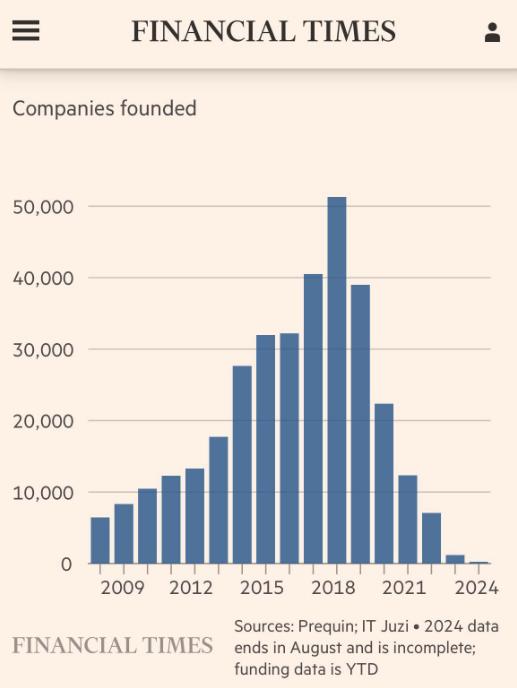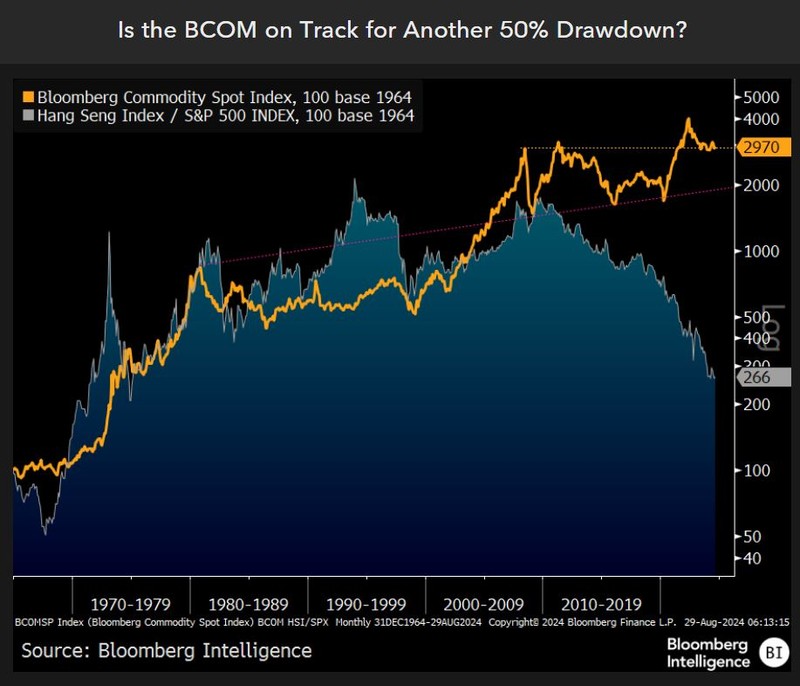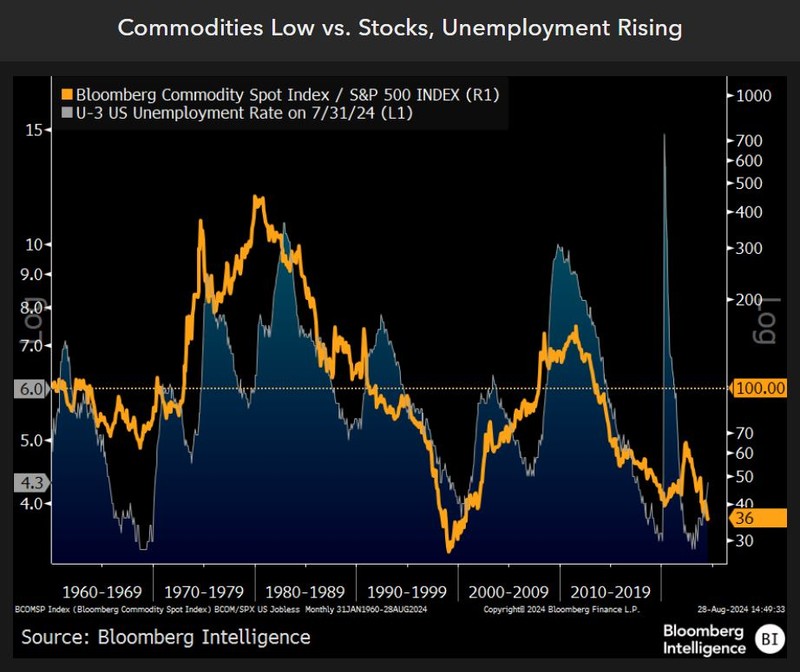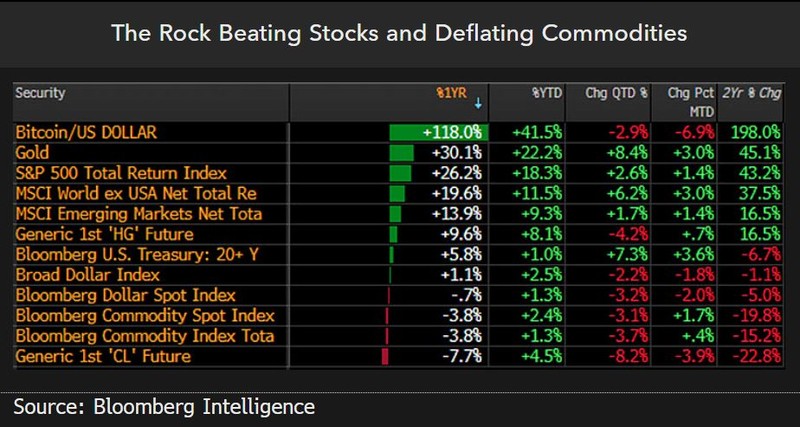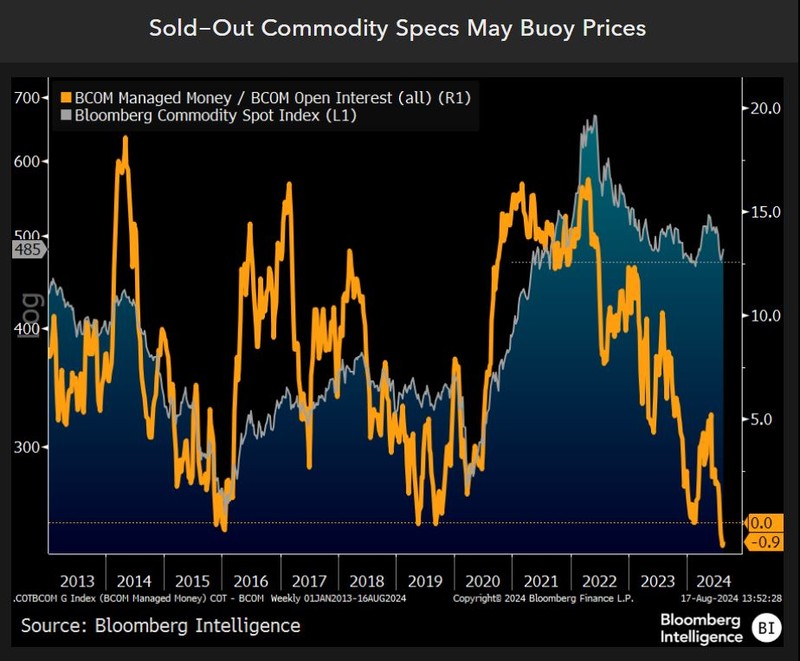Commentary: Relocating for work is tough — but the gains are well worth the discomfort and hassle
Nurjannah Suhaimi/TODAY
Overseas experience is attractive to employers, notes the writer, but being away from home has its trade-offs. How can we best weigh the gains and costs?
One wonders: Is it truly worth it to leave our little red dot and venture abroad?
Dawn SooThe author with her husband, Finlay Wright, in Hong Kong in March 2023, shortly before they relocated to Dubai
According to a new study by Cigna Healthcare, globally mobile individuals experience higher stress levels (86 per cent compared to the global average of 80 per cent). However, they also report better mental well-being — 58 per cent of globally mobile respondents report “excellent” or “very good” levels of mental well-being, compared to the global average of 46 per cent.
This suggests that while international assignments can be challenging, the resilience and adaptability developed through these experiences can also contribute significantly to overall well-being, and by extension, fulfilment in one’s career and life.
Read also
However, while overseas assignments can be immensely valuable for personal and professional development, we first have to be clear-headed about the benefits and priorities we are seeking before making that leap.
Having spent a significant chunk of my career based outside of Singapore, here’s my two cents on the matter.
